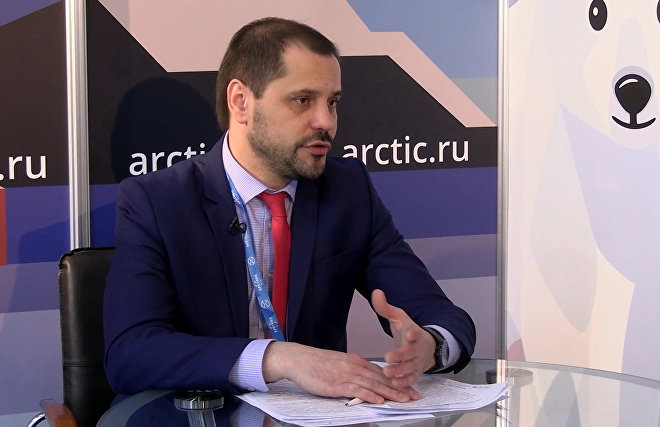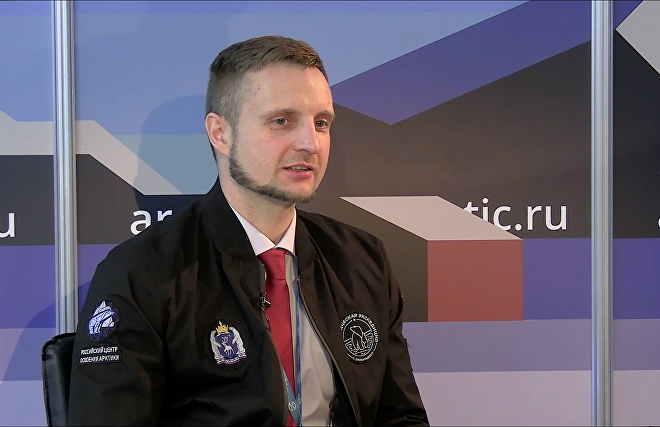The document will make it possible to find a balance between preserving biodiversity and facilitating the Arctic region’s economic development, according to Minister of Natural Resources and Environment Alexander Kozlov.
“We are currently drafting a strategy for preserving Russia’s biodiversity and ensuring its sustained management. The document is in line with the Kunming-Montreal Global Biodiversity Framework, linked with spatial planning,” Alexander Kozlov noted.
He added that 18 federal agencies, 36 research, public and commercial organizations were involved in the effort.

